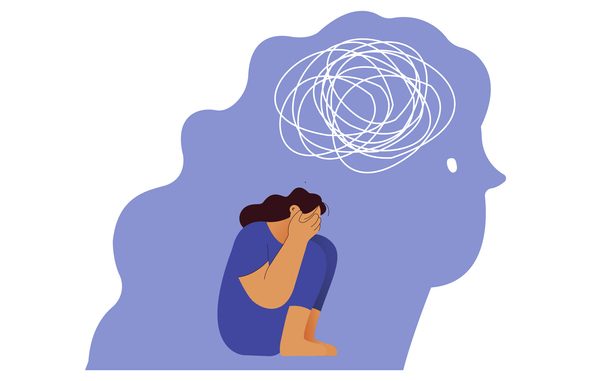As reported by GP Online, a BMA report highlights severe strains in the NHS mental health system, with patients facing extensive waits for care and overstretched services struggling to meet unprecedented demand
The report – supported by interviews with 10 doctors working across the mental healthcare system, including in general practice – warns that demand is at unprecedented levels, but that NHS services across the board lack the resources they need to cope.
Patient care is being damaged by these chronic pressures and specific groups – particularly children and people with neurodevelopmental disorders – have been hit hardest, the report says.
It warns that funding has failed to keep up with rising demand and that the health service lacks the staff it needs to care for patients with mental ill health – calling for a ‘concerted effort from central government to resource mental healthcare based on demand’.
NHS funding
Mental ill health costs the UK economy around £118bn a year – around £101bn in England alone – and the report says mental health infrastructure should be supported with ringfenced funding to ensure resources needed in this area are not ‘allocated elsewhere in the NHS’.
Data from 2018 cited in the report shows that around 40% of GP appointments involve mental health – a figure the BMA says is likely to have increased because of the impact of COVID-19 and rising levels of poverty.
The complexity of mental health cases being handled by GPs has increased because of increasing difficulties with referring them on to secondary care or other specialist services. But managing the complexity of these cases in often time-limited appointments is particularly challenging for GPs, the report warns.
One GP interviewed said: ‘We are holding a lot more risk because unfortunately the mental health services are just not there. They’ve not been there for a long time, they’re in disarray – literally someone has to be about to jump off a building before there is an intervention. And the GP has to manage that.’
GPs under pressure
BMA mental health lead Dr Andrew Molodynski, a consultant psychiatrist in Oxfordshire, said: ‘As doctors struggling to provide mental healthcare, we know only too well that the system has crumbled. Some of our patients wait as long as four years for treatment, meaning too many people – including children – continue to fall through the gaps, and all the while funding remains insufficient.
‘We’re having to make hard prioritisation choices that leave many patients without care and support that they urgently need.’
He said that demand for mental health services had ‘changed dramatically’ but that funding had not kept up – and called for a shift towards funding based on current need rather than ‘based on what we spent yesterday, which was inadequate even then’.
Dr Molodynski added: ”We need these changes to the system to be able provide good quality care and tackle the huge cost of mental health to people’s lives, the NHS, and the economy.’
Despite a focus from government in recent years on mental healthcare, ‘sadly there has been no overall improvement in services’, the BMA warned.
It added that doctors were becoming ‘increasingly distressed and frustrated’ as their ability to provide the best care for their patients was eroded.
A DHSC spokesperson said: ‘We’re expanding mental health provision to support even more people with their mental health, with up to £2.3bn in additional funding being invested annually by March 2024 compared to 2018/19.
‘Our major conditions strategy will ensure that mental ill health is considered alongside physical health conditions, allowing for more joined up treatment.’



Be the first to comment